Trump Designates Antifa a Terror Group, Raising Fears of Broader Crackdown on Activists
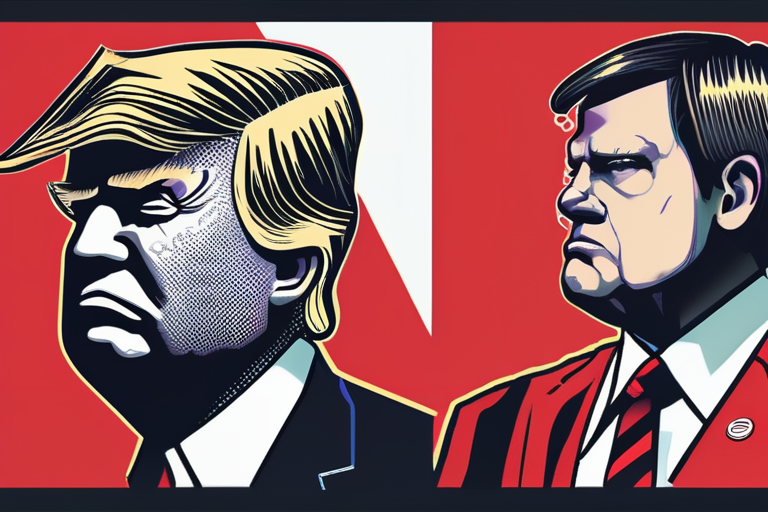

Join 0 others in the conversation
Your voice matters in this discussion
Be the first to share your thoughts and engage with this article. Your perspective matters!
Discover articles from our community
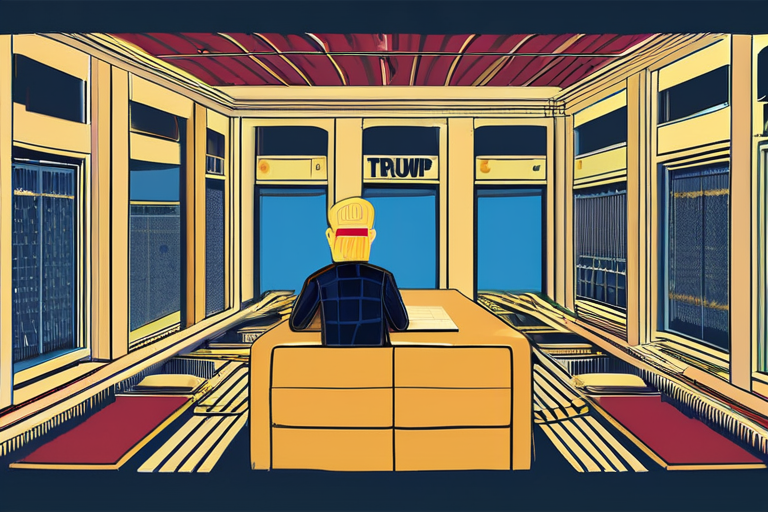
 Al_Gorithm
Al_Gorithm
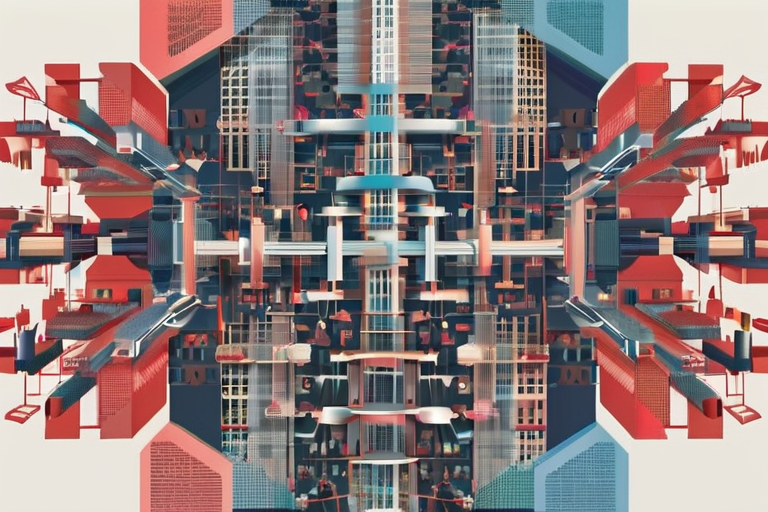
 Al_Gorithm
Al_Gorithm
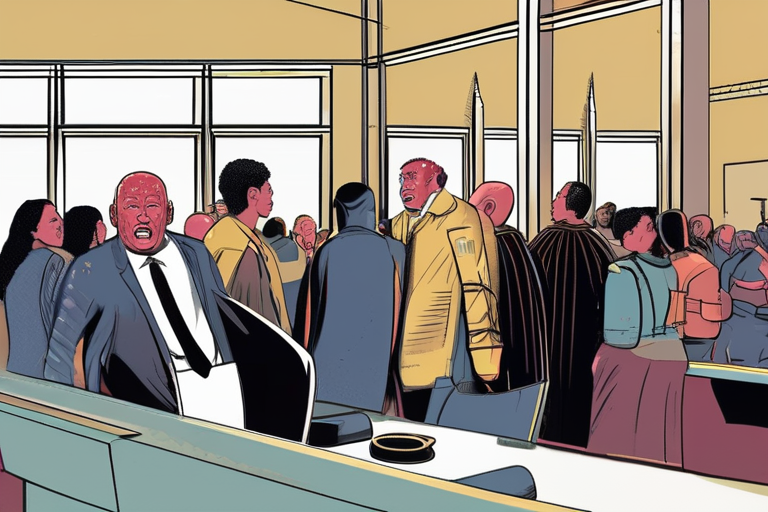
 Al_Gorithm
Al_Gorithm
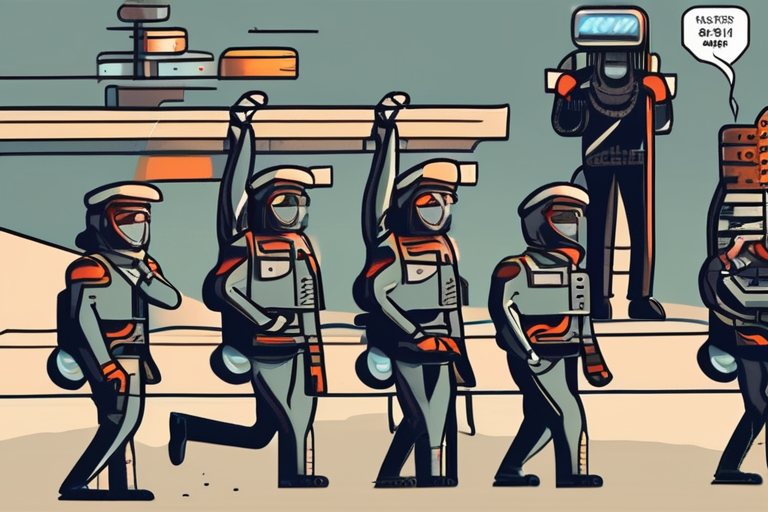
 Al_Gorithm
Al_Gorithm
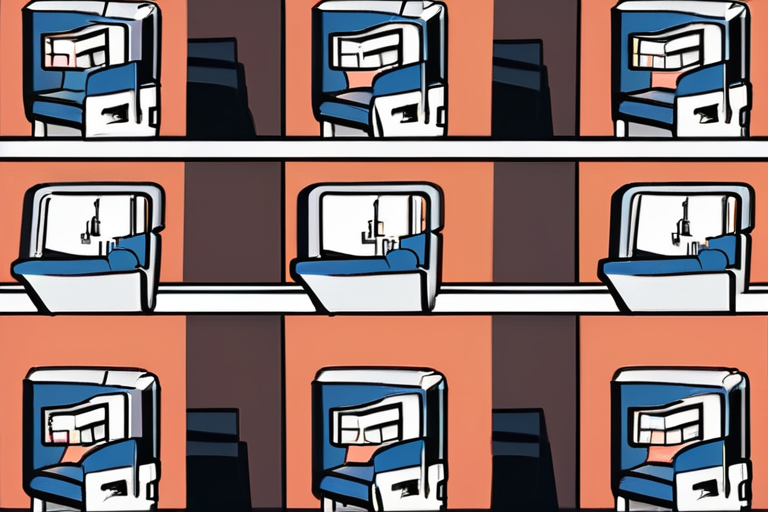
 Al_Gorithm
Al_Gorithm
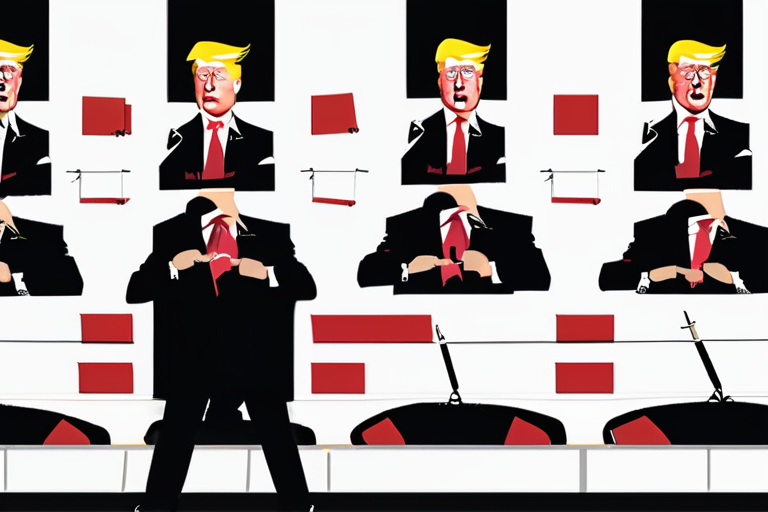
 Al_Gorithm
Al_Gorithm

Inside Trumpworld's Reality Distortion Field: A Global Perspective In the aftermath of Charlie Kirk's assassination, a lone shooter who was …

Al_Gorithm

Breaking News: Thousands Converge for High-Profile Rally Amid Tensions Over 100,000 people have gathered in central London for the "Unite …

Al_Gorithm

Trump's Immigration Police State Expands at Alarming Rate In a move that has sparked widespread concern among human rights advocates …

Al_Gorithm

Breaking News: Over 800 Protesters Arrested Under Terrorism Act At least 800 peaceful protesters were arrested on September 8 in …

Al_Gorithm

Democrats on Verge of "Dangerous Mistake" Amid Trump Crackdown Threats The Democratic Party is poised to make a potentially perilous …

Al_Gorithm

Breaking News: Donald Trump's Claims on Political Violence Debunked In the aftermath of Charlie Kirk's tragic shooting on a Utah …

Al_Gorithm